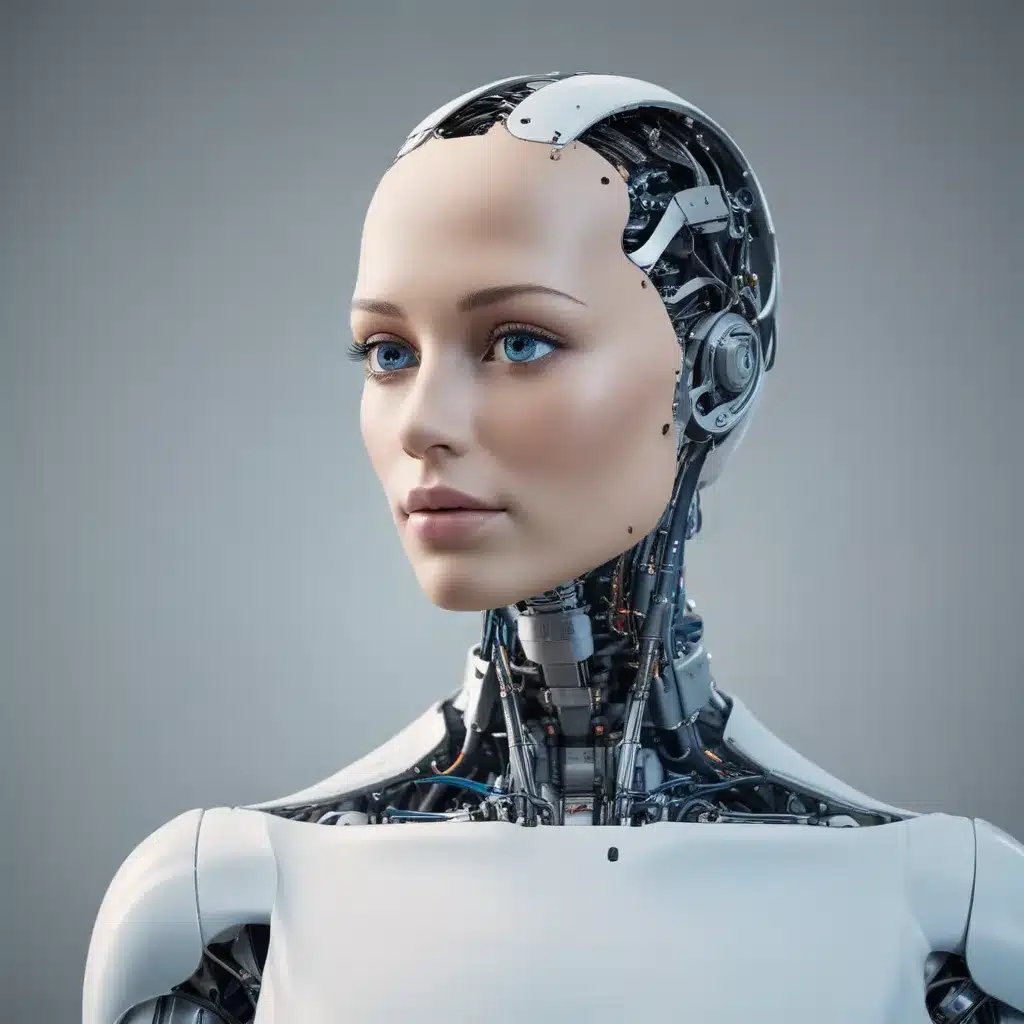
Introduction: The Looming Threat or Promising Opportunity?
The rapid advancements in artificial intelligence (AI) have sparked a heated debate about the future of human employment. Will AI technology render human workers obsolete, or will it actually enhance our value and create new opportunities? As an impartial observer, I aim to explore this complex issue from multiple angles, providing a comprehensive analysis that sheds light on the potential impact of AI on the workforce.
The Rise of AI: Automation and the Changing Landscape of Work
I begin by examining the rapid progress of AI and its impact on various industries. The ability of AI systems to automate repetitive tasks, analyze data, and make decisions with increasing accuracy has led to a widespread fear that AI will replace human workers. I investigate the specific job functions and sectors that are most vulnerable to automation, considering factors such as the complexity of the tasks, the availability of AI-based solutions, and the potential cost savings for employers.
The Displacement Dilemma: How Significant is the AI Threat to Human Jobs?
While the threat of widespread job displacement due to AI is undeniable, I delve deeper into the nuances of this issue. I analyze studies and expert predictions to assess the magnitude of the potential job losses, exploring the varying estimates and the factors that influence them. I also consider the historical precedents of technological disruptions and their long-term effects on employment, shedding light on the potential for AI to create new job opportunities and industries.
Redefining Roles: How AI Can Enhance Human Capabilities
Rather than viewing AI as a solely disruptive force, I explore the potential for AI to augment and enhance human capabilities. I investigate the ways in which AI can assist workers in becoming more efficient, productive, and valuable. By examining case studies and real-world examples, I illustrate how AI-powered tools and systems can empower human workers, freeing them from mundane tasks and enabling them to focus on more creative, problem-solving, and strategic aspects of their work.
The Symbiotic Relationship: AI and Human Collaboration
I delve into the concept of human-AI collaboration, where the strengths of both entities are leveraged to achieve greater outcomes. I examine how this symbiotic relationship can lead to enhanced decision-making, improved customer service, and the development of innovative solutions. By highlighting successful case studies, I demonstrate the potential for AI and human workers to complement each other, creating a synergistic effect that benefits both the organization and the individual.
The Skill Shift: Adapting to the AI-Driven Future
As the job market evolves, I address the pressing need for workers to develop new skills and adapt to the changing demands of the AI-driven economy. I explore the emerging skills that will be in high demand, such as critical thinking, creativity, emotional intelligence, and the ability to work seamlessly with AI systems. I outline strategies for individuals, educational institutions, and employers to proactively prepare the workforce for the impending changes, ensuring that human workers remain valuable and competitive in the age of AI.
The Ethical Considerations: Navigating the Social Impact of AI
Alongside the practical implications, I delve into the ethical considerations surrounding the impact of AI on the workforce. I address concerns about job displacement, income inequality, and the potential for AI to perpetuate biases and discrimination. I explore the role of policymakers, industry leaders, and the general public in shaping the responsible development and deployment of AI, ensuring that the benefits of this technology are distributed equitably and that the rights and well-being of workers are protected.
Embracing the Future: A Call for Collaboration and Adaptation
In the concluding section, I synthesize the insights and perspectives gathered throughout the article. I emphasize the importance of a balanced and nuanced approach to the AI-workforce relationship, one that recognizes both the challenges and the opportunities presented by this transformative technology. I call for a collaborative effort among various stakeholders, including businesses, workers, educators, and policymakers, to proactively address the challenges and harness the potential of AI to create a more prosperous and inclusive future for all.
By exploring the multifaceted implications of AI on the workforce, I aim to provide readers with a comprehensive understanding of this complex issue. Through the analysis of empirical evidence, real-world case studies, and ethical considerations, I hope to inspire readers to engage in ongoing discussions and to take proactive steps towards shaping the AI-driven future of work.












